What is eating my butterfly bushes & salvia?
andyashton
10 years ago
Related Stories
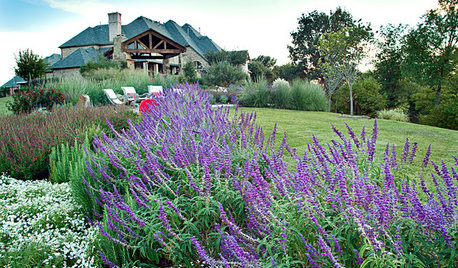
GARDENING GUIDESGreat Design Plant: Salvia Leucantha
Soft, velvety purple spikes gracefully arch over the gray-green foliage of Mexican bush sage in spring through fall in western U.S. gardens
Full Story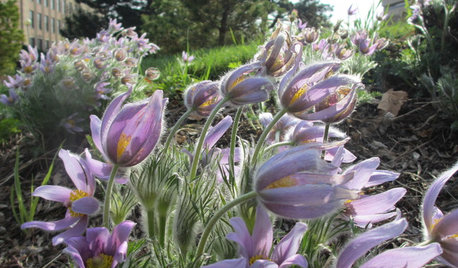
GARDENING GUIDES6 Plants That Beat Butterfly Bush for the Wildlife Draw
It's invasive, a nonnative and a poor insect magnet. Check out these better alternatives to butterfly bush in the garden
Full Story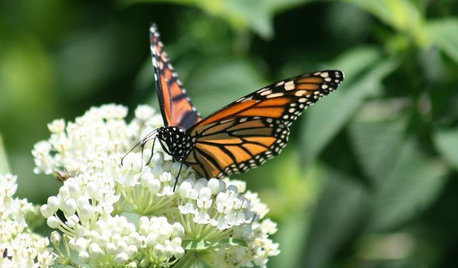
GARDENING FOR BUTTERFLIESBe a Butterfly Savior — Garden for the Monarchs
Keep hope, beauty and kindness alive in the landscape by providing a refuge for these threatened enchanters
Full Story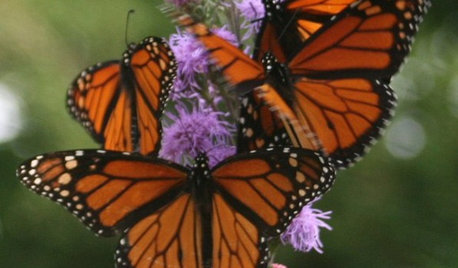
GARDENING FOR BUTTERFLIESButterfly Gardening: Delight the Eyes With Living Sculptures
Surprise and thrill with a garden that attracts magical winged creatures, bringing color, movement and life
Full Story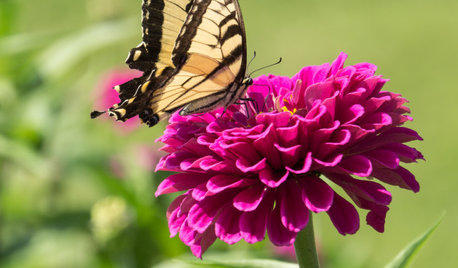
GARDENING GUIDES20 Favorite Flowers for Butterflies and Bouquets
Discover perennials and annuals that do double duty as butterfly magnets and versatile cut flowers
Full Story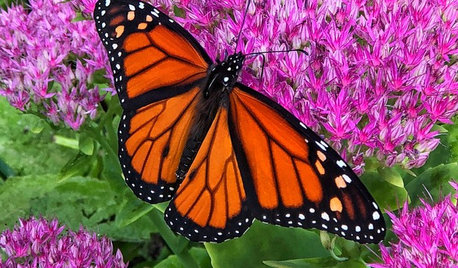
GARDENING GUIDES6 Steps to Creating Your Butterfly Garden
Encourage these fanciful winged beauties to visit your garden while helping restore their fragmented habitat
Full Story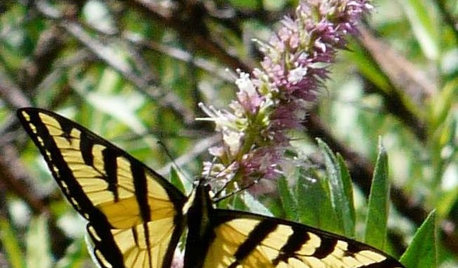
GARDENING AND LANDSCAPING9 Flowers That Draw Butterflies
Charm winged beauties and human visitors alike with these enticing, fragrant and colorful blooms for the garden
Full Story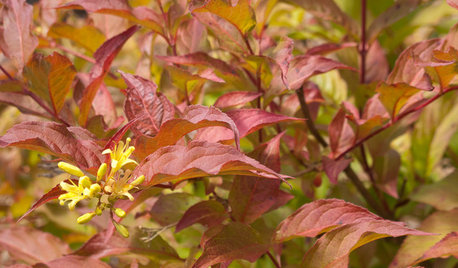
GARDENING GUIDESGreat Design Plant: Northern Bush Honeysuckle, a Bronze Beauty
It helps control erosion and takes sun or shade. The butterflies love it. But the best part of this shrub may be the vivid foliage
Full Story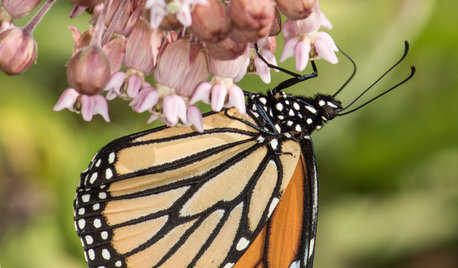
FLOWERS AND PLANTSHelp Monarchs and Other Butterflies by Planting Common Milkweed
Summer-blooming Asclepias syriaca is an important larval host plant for the monarch butterfly and attracts a number of pollinating insects
Full Story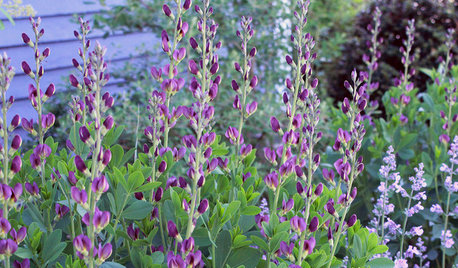
GARDENING FOR BUTTERFLIES7 Native Wildflowers to Make You an Awesome Butterfly Host
Offer the leaves of these and you’ll get more butterflies than with flower nectar alone
Full Story





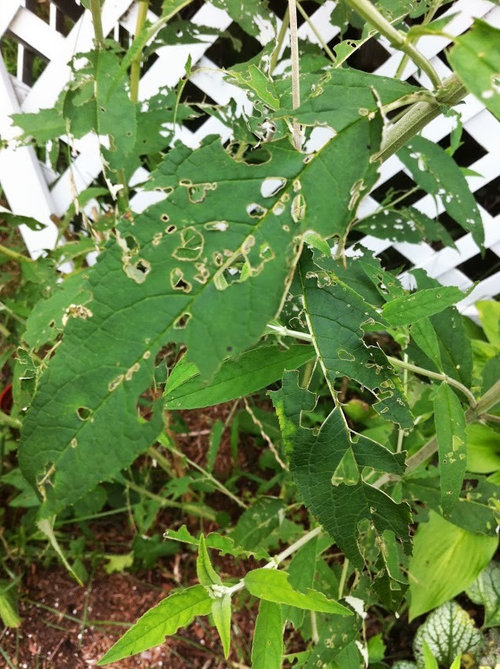
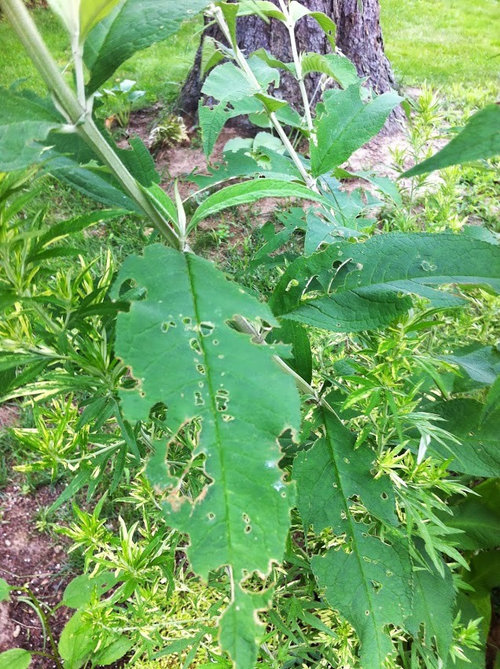
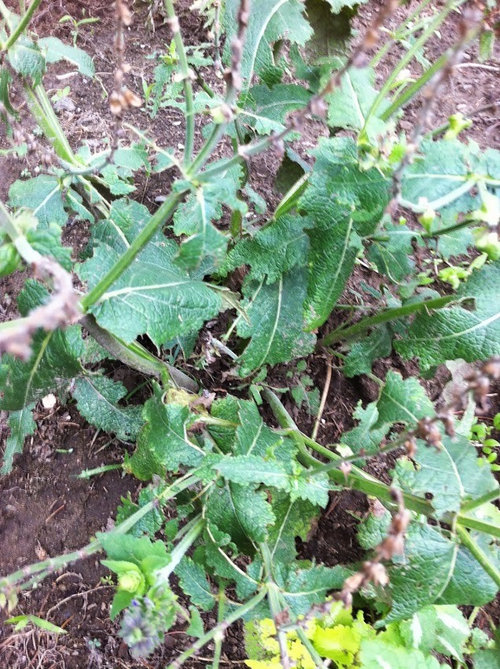
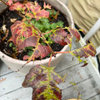
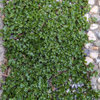
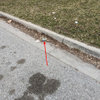
Tiffany, purpleinopp Z8b Opp, AL
morz8 - Washington Coast
Related Professionals
Saint Louis Park Landscape Architects & Landscape Designers · Alpharetta Landscape Contractors · Cambridge Landscape Contractors · Desert Hot Springs Landscape Contractors · Lemont Landscape Contractors · Mashpee Landscape Contractors · North Potomac Landscape Contractors · Olympia Landscape Contractors · Pikesville Landscape Contractors · Raleigh Landscape Contractors · San Pedro Landscape Contractors · Tacoma Landscape Contractors · Lauderdale Lakes Landscape Contractors · Sun Valley Landscape Contractors · Canyon Lake Stone, Pavers & ConcreteTiffany, purpleinopp Z8b Opp, AL
andyashtonOriginal Author
rhizo_1 (North AL) zone 7
andyashtonOriginal Author
Leafhead
Tiffany, purpleinopp Z8b Opp, AL